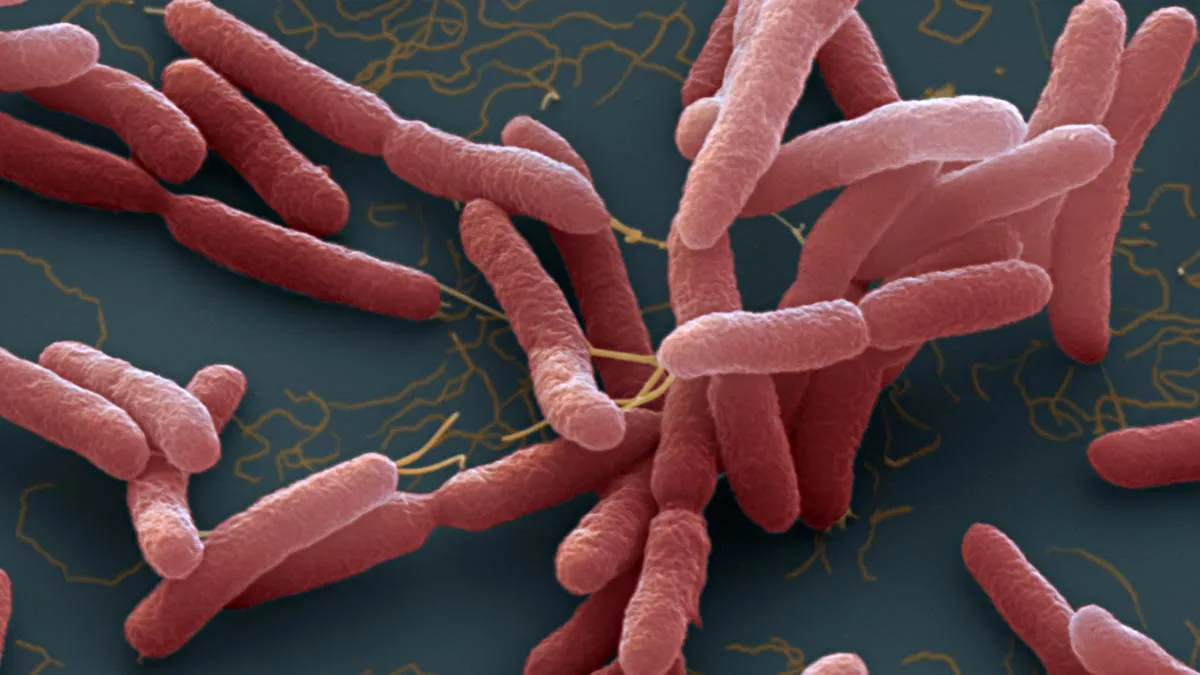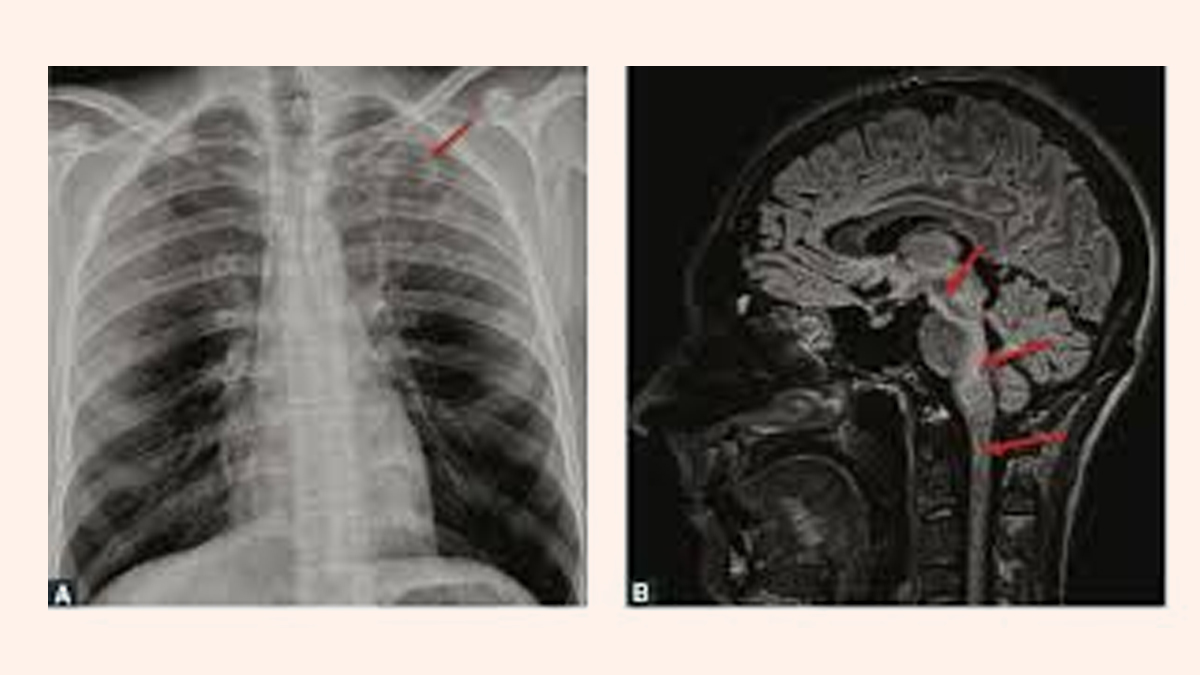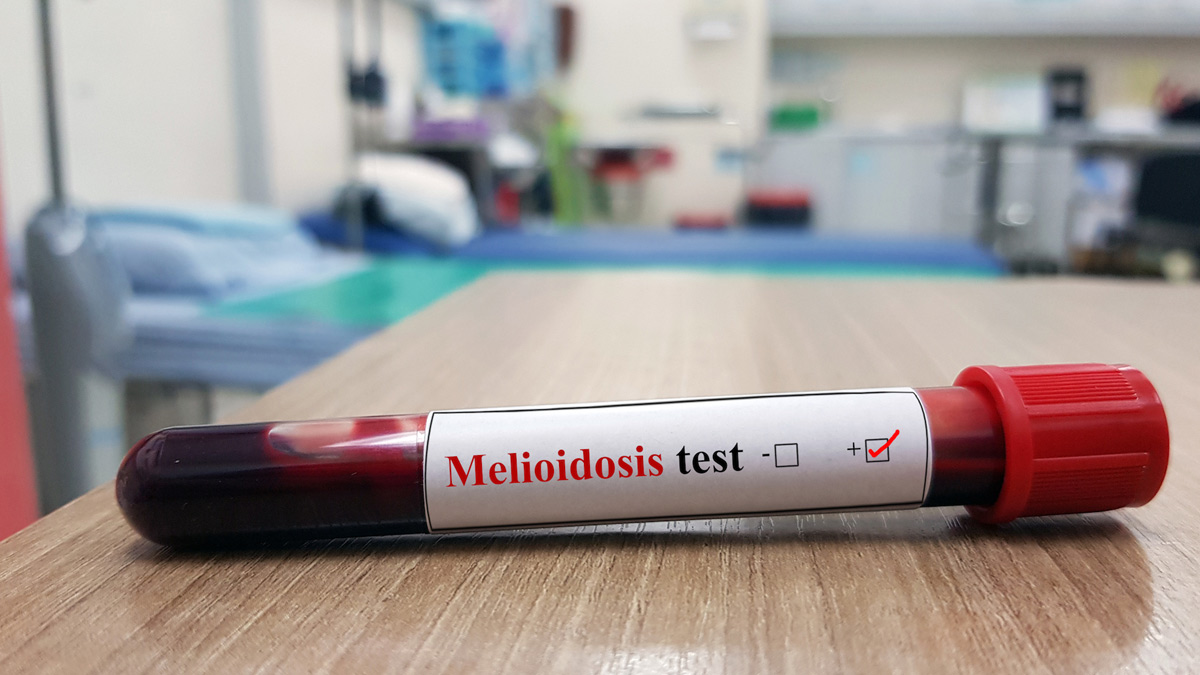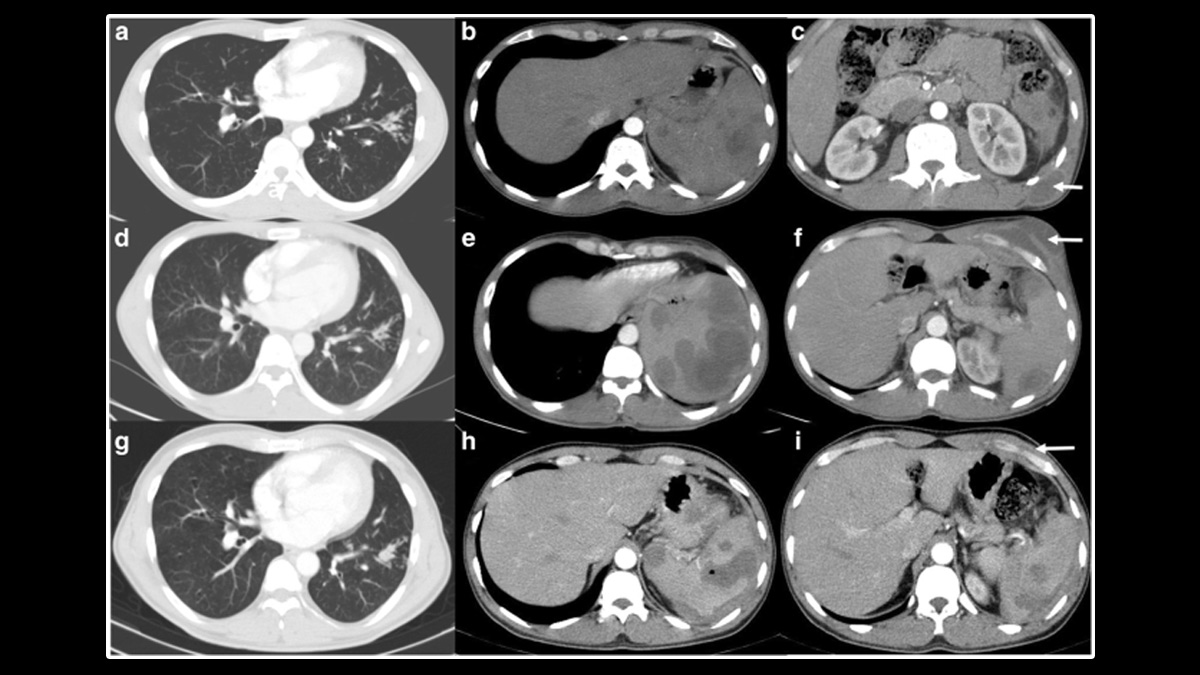
Queensland, Australia, is grappling with a deadly outbreak of melioidosis, a rare bacterial infection that has claimed 14 lives following recent floods. The outbreak has raised concerns among health officials as the number of infections continues to rise. The extreme weather conditions, including heavy storms and widespread flooding, have created an environment where the bacteria thrive, increasing the risk of exposure to residents in affected regions.
Table of Content:-
What is Melioidosis?
Melioidosis is a severe infectious disease caused by the bacterium Burkholderia pseudomallei, which is commonly found in soil, mud, and contaminated water in tropical regions. It spreads through direct contact with contaminated sources, particularly after heavy rains or flooding. The bacteria can enter the body through cuts and wounds, inhalation, or ingestion of contaminated water.

The disease is often referred to as a "great mimicker" because its symptoms resemble other illnesses, making early diagnosis challenging. Infected individuals may experience fever, pneumonia, skin ulcers, and, in severe cases, organ failure. The mortality rate can be high if not treated promptly with antibiotics.
Also Read: Measles Outbreak Turns Deadly In Texas: First Fatality Reported As Cases Exceed 120
Record-Breaking Melioidosis Cases in 2025
According to Queensland’s Tropical Public Health Services director, Jacqueline Murdoch, this year has seen an unprecedented rise in melioidosis cases. She described 2025 as a record-breaking year for infections in the state. The massive flooding in northeastern Australia, which resulted in over 1.5 meters (59 inches) of rainfall, has submerged homes, roads, and businesses, facilitating the spread of the deadly bacteria.

Health authorities warn that the bacteria can persist in soil and water for long periods, increasing the risk of further outbreaks. People living in flood-affected regions are urged to take precautions to protect themselves from infection.
Why Are Floods Making the Situation Worse?
Floodwaters create ideal conditions for Burkholderia pseudomallei to spread, leading to a surge in melioidosis cases. As water levels rise, bacteria from deep soil layers mix with surface water, making it easier for humans to come into contact with the pathogen.
Additionally, floods displace communities, damage infrastructure, and limit access to clean drinking water and healthcare facilities. These factors contribute to increased infection rates and make disease management more challenging.

Preventive Measures to Reduce Risk
Health experts have outlined key steps to minimise the risk of infection in flood-affected areas:
- Avoid direct contact with floodwater and soil: Wear waterproof boots and gloves when handling mud or debris.
- Use clean drinking water: Consume only properly treated or boiled water to prevent ingestion of bacteria.
Also Read: Cholera Outbreak In Sudan: 58 Dead, 1,300 Infected In Three Days; Know Symptoms To Look Out For
- Cover wounds and cuts: Keep any open wounds covered with waterproof bandages to prevent bacterial entry.
- Practice good hygiene: Wash hands with soap and clean water after contact with floodwater or soil.
- Seek medical attention early: If you experience symptoms such as fever, respiratory distress, or persistent skin infections after exposure to floodwaters, consult a doctor immediately.
Bottomline
As the outbreak continues to spread, Queensland health authorities are closely monitoring the situation. Medical teams are working to raise awareness about the dangers of melioidosis and the importance of early diagnosis and treatment. Public health campaigns are urging residents to remain vigilant and follow recommended safety guidelines.
The tragic loss of 14 lives serves as a stark reminder of the devastating impact of infectious diseases following natural disasters. Authorities stress that preventive measures and early medical intervention can help curb the outbreak and save lives. As Queensland battles this crisis, continued efforts in public awareness, healthcare accessibility, and environmental safety will be crucial in controlling the spread of melioidosis.
Also watch this video
How we keep this article up to date:
We work with experts and keep a close eye on the latest in health and wellness. Whenever there is a new research or helpful information, we update our articles with accurate and useful advice.
Current Version